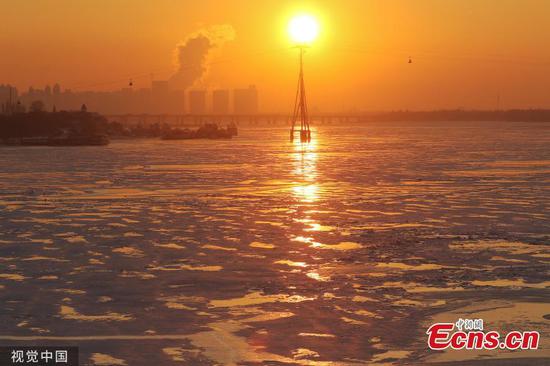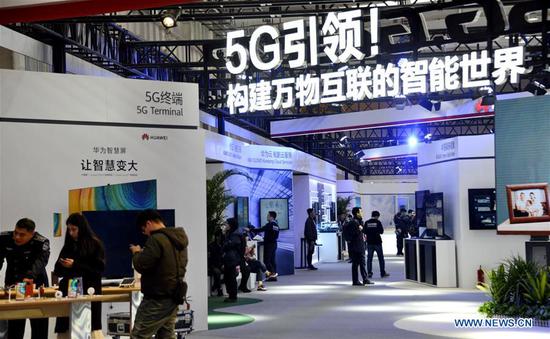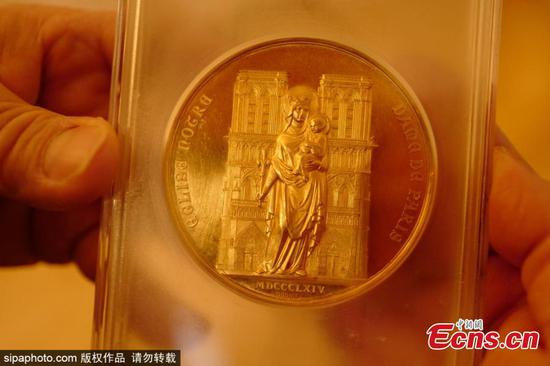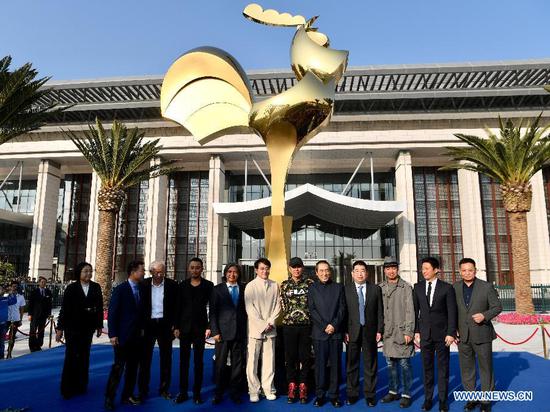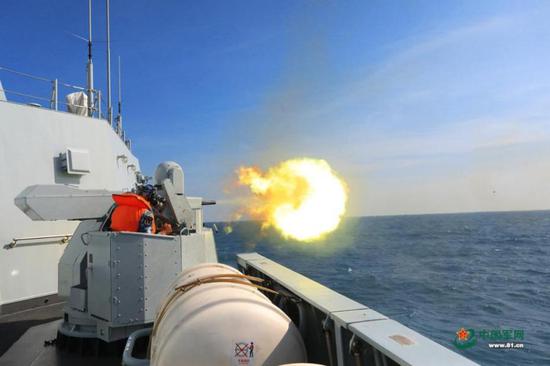
Photo taken from The Peak shows the aerial view of Hong Kong, China. (Xinhua)
While the passage of a Hong Kong-related act by the U.S. congress has triggered concerns about the economic prospects of Hong Kong, experts pointed out that restrictive trade measures that may be adopted according to the bill could easily backfire.
"The bill is not in line with the interests of the United States," said Francis T. Lui, professor emeritus of the Hong Kong University of Science and Technology.
The United States used to be the largest importer of products made in Hong Kong about 30 years ago, but Hong Kong has weaned off the reliance with its exports to the former down to only 500 million U.S. dollars a year.
On the contrary, the United States reaped in huge profits in trade with Hong Kong, earning from the latter the largest bilateral trade surplus, 297 billion dollars, amongst its global trading partners for the past decade. The surplus stood at over 33 billion dollars last year.
"The United States risks losing its largest source of trade surplus, which is unhelpful to achieve its goal of balanced trade," Lui said.
Compared to businesses from other countries and regions, U.S. companies set up the most regional headquarters and offices in Hong Kong and used it as a base to explore a wide range of Asia-Pacific markets.
Currently, more than 1,300 U.S. companies operate and some 85,000 U.S. citizens live in Hong Kong.
The American Chamber of Commerce in Hong Kong (AmCham HK) has called for support for Hong Kong's special status and said many U.S. businesses feared that the bill, with the sections addressing export controls and sanctions, could have counter-productive consequences on them.
"The fact that a majority of companies surveyed say they will not leave the city highlights the importance of Hong Kong as a strategic and irreplaceable business hub for Asia," said AmCham President Tara Joseph.
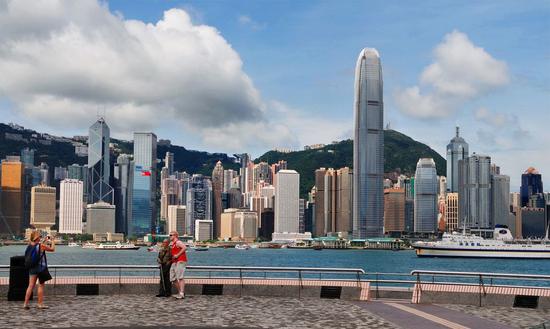
"The bill will undoubtedly add to the woes of U.S. companies suffering from the global economic downturn and trade frictions," Wong Ping, chairman of the Hong Kong Association of China Business, said.
Wong said U.S. enterprises will lose their most important and freest base in the Asia Pacific if Hong Kong was rescinded its status as a separate customs territory because of the bill.
Besides, U.S. financial institutions may also suffer.
Ronald Wan, a seasoned financial expert in Hong Kong, noted that Hong Kong's financial market is highly open and fluid, with players easily replaceable.
Despite the fact that U.S. financial institutions enjoy a large share in the Hong Kong market, once the United States adjusts its Hong Kong economic and trade policies, it is very likely that their market share will soon be taken by those from other countries and regions, he said.
In fact, U.S. interference in Hong Kong affairs has already taken a heavy toll on the country's own enterprises in the region.
An AmCham HK survey showed 61 percent of the surveyed member companies have seen their business affected by the months of violence in Hong Kong to a great or medium extent.
With the United States and Hong Kong enjoying mutually-beneficial economic and trade relations that have seen steady development for years, threatening Hong Kong's economic status through legislation would only harm both sides, said experts.
Wong pointed out that international economic relation is not about one side doing a favor for the other, warning that the United States might suffer greater losses once China takes up strong countermeasures.
The unique status of Hong Kong conferred upon by the Basic Law has all along been widely recognized and respected by the international community, and Hong Kong has therefore established a mutually beneficial cooperative relationship with various trade partners in the world, including the United States, according to the Hong Kong Special Administrative Region government.
Experts said while the U.S. legislation would certainly have an impact on Hong Kong's economy, it would not be a critical one. It is rather the implementation of the "one country, two systems" principle, the huge mainland market and support from the central government that serve as the strongest impetus behind Hong Kong's development.
"Investing in Hong Kong is equal to investing in China, the world's second-largest economy," said Hong Kong economist Liang Haiming.
As long as foreign investors are optimistic about China's future development and confident in Hong Kong's advantages in capital liquidity and professional services, Hong Kong will be able to maintain its status as an international financial, trade and shipping center, therefore sustain its prosperity and stability, Liang said.














